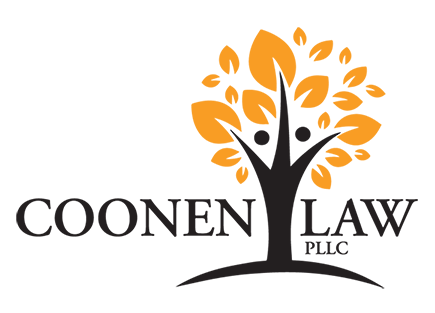Over the past two decades, the rise of smartphones, cloud computing, social media, and other internet-based technology has transformed how today’s largest companies are valued. In 2020, tech firms like Amazon, Facebook, and Apple dominated the list of the S&P 500’s top 10 largest companies by market capitalization, whereas back in 2000, that list was topped by businesses like General Electric, ExxonMobil, and Wal-Mart.
The reason for this shift? According to Aon, a leading global professional services firm, the shift is the result of intangible assets like intellectual property replacing more tangible assets as the primary source of value for today’s biggest corporations. In fact, according to Aon’s The One Brief, an online business news website, today more than 84%—$19 trillion—of the S&P 500’s market cap is represented by intangible assets
However, it’s not just big corporations that own an increasing amount of intellectual property (IP); even the smallest of today’s companies hold a significant amount of IP. Indeed, studies show that up to 80% of the value of a typical business is IP.
Protecting Your Company’s Most Valuable Assets
Although IP is an integral part of many of today’s companies’ overall value, even the biggest corporations aren’t properly valuing or protecting their most valuable assets—and our guess is that you aren’t either.
“Very few companies recognize the value of their IP, nor have they secured an IP strategy that mirrors their long-term corporate strategy in order to maximize this value,” said Brian Hinman, Chief Innovation Officer at Aon and Head of EMEA for Aon’s Intellectual Property Solutions.
Without legal protections like patents, trademarks, and copyrights, your IP is at serious risk of being stolen by your competitors, hackers, and even your own employees, vendors, independent contractors, or clients. Worse yet, if you don’t take your IP seriously, you are likely undervaluing your greatest assets, not capitalizing on the most valuable part of your business, and staying stuck in a model of getting paid only for the actual hours you work, rather than for the ideas and value you create.
One reason business owner’s fail to protect their IP is because unlike more tangible assets like real estate, vehicles, and office equipment, they don’t understand how to value and protect it.
Justin Johanson, a lawyer specializing in intellectual property at Luxor Law, said that for many of his business owner clients, there’s no sense of urgency surrounding their IP assets, which leads them to put off securing the necessary legal protections.
“They overlook their IP because they don’t see the value of it,” says Justin. “They don’t see the urgency to protect their business name and other intangible assets.”
Often, not recognizing your IP means you may not be paying attention to your business’ most valuable assets until something goes wrong. This might include receiving a cease-and-desist letter after another business claims your name, or a former independent contractor you used to work with begins selling services to your customers in competition with you, or you discover that you don’t actually own the source code of a website you paid to have created.
If you haven’t audited your IP recently, let this article be a wake-up call for you to consider whether you do have IP in your business that could be worth protecting.
Identifying and Registering Your IP
Protecting your IP can begin with trademarking the name of your company, registering for copyright protection for the copy on your website and in your advertisements, ensuring that all of the agreements you have with independent contractors and vendors include work-for-hire provisions, and that all agreements with clients and customers have limitations on use provisions, ensuring your business owns what it creates.
If you have not reviewed your IP and its value recently, call us and ask for an IP audit. In our IP audit, we will review your business model, the IP you have right now, the current value of that IP to your business, how your IP can increase in value, and finally, what would happen to your IP in the event of your incapacity or death.
Sadly, the lack of understanding among many small business owners regarding the value of their IP assets, coupled with their failure to take the steps to protect it through copyrights, patents, and trademarks, as well as through estate planning can be extremely costly. Let us help you not only avoid violations or surprises related to your IP, but proactively consider how you can enhance the value of your IP—and your business—today.
Next week in part two of this series we’ll look at how one business owner’s failure to secure a trademark for her business’ name ultimately cost her millions of dollars in potential revenue, stunted her ability to expand her business, and greatly reduced her ability to leave an inheritance for her heirs.
We offer a complete spectrum of legal services for business owners and can help you make the wisest choices on how to deal with your business throughout life and in the event of your death. We also offer you a LIFT Your Life And Business Planning Session, which includes a review of all the legal, insurance, financial, and tax systems you need for your business. Schedule online today.

